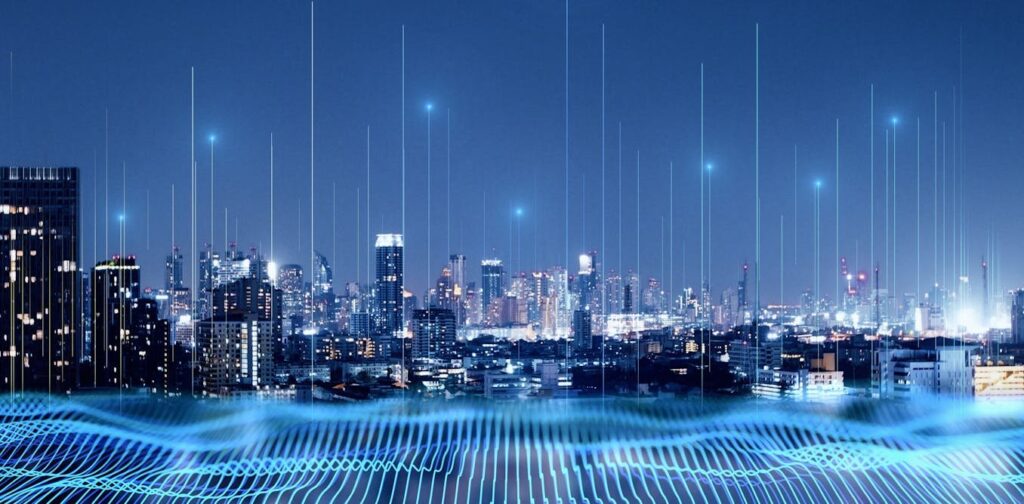
AI applications are producing cleaner cities, smarter homes and more efficient transit
Artificial intelligence (AI) is revolutionizing the way cities manage energy, making them cleaner and more resilient by seamlessly integrating renewable energy sources such as solar panels, wind turbines, and batteries. AI enables the entire energy system to function as a unified, intelligent network, which is exemplified by South Africa’s Oya Hybrid Power Station where AI ensures efficient energy distribution to hundreds of thousands of households. Research underscores how AI is optimizing energy efficiency, like in Turin, Italy, where a study demonstrated significant cost savings through AI-managed energy usage in a boarding school.
AI’s impact extends to weather forecasting, crucial for grid operators to balance energy supply and demand. Innovations like Cambridge’s Aardvark system provide rapid, accurate weather forecasts, contributing to strategic energy planning. Furthermore, in Munich, Germany, AI enhances geothermal district heating systems, promoting energy efficiency and sustainability by adjusting operations based on real-time data.
Smart climate systems within buildings represent another frontier, as AI optimizes energy usage by considering factors like room occupancy, appliance use, and solar energy availability. In places like the Orkney Islands, AI-driven systems convert excess renewable energy into green hydrogen, preventing waste and ensuring energy availability during less favorable conditions.
AI also improves energy storage solutions, as seen in Finland’s Capalo AI initiative, which cleverly manages distributed batteries to support grid stability and revenue generation. Utilities leverage AI to fine-tune electrical infrastructure, improving reliability and enabling predictive maintenance to preempt equipment failures.
Transportation, too, is evolving with AI, particularly in public transit where AI helps manage electricity grids during peak times or even allows electric vehicles to supply energy back to the grid. This smart application of technology is paving the way toward cleaner, more efficient urban environments, showcasing AI’s potential to sustainably transform energy management and urban living.
